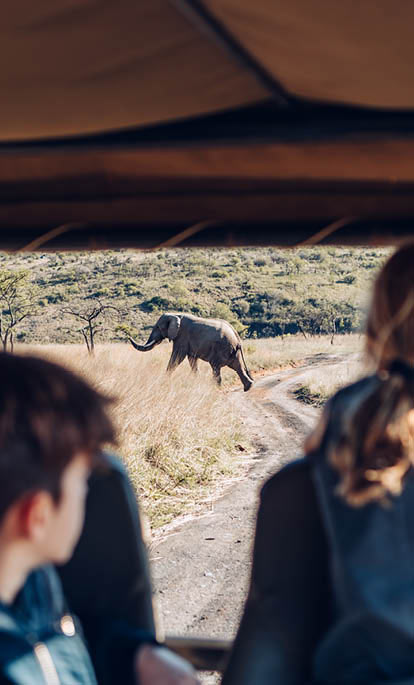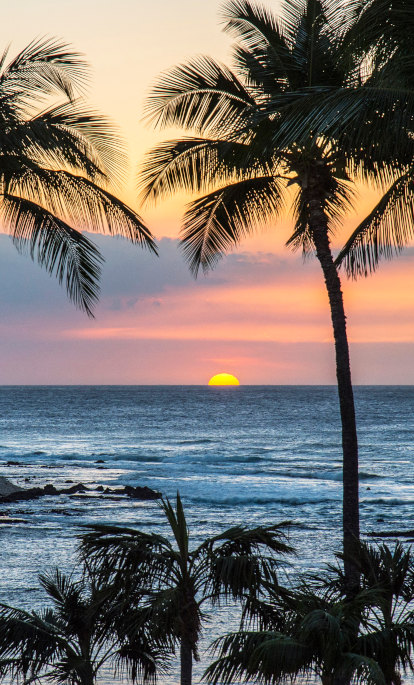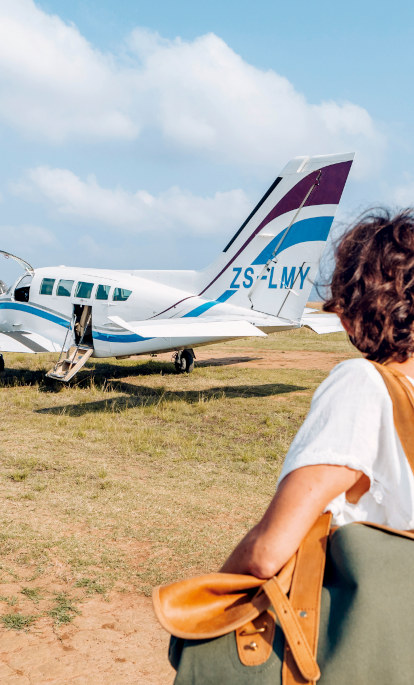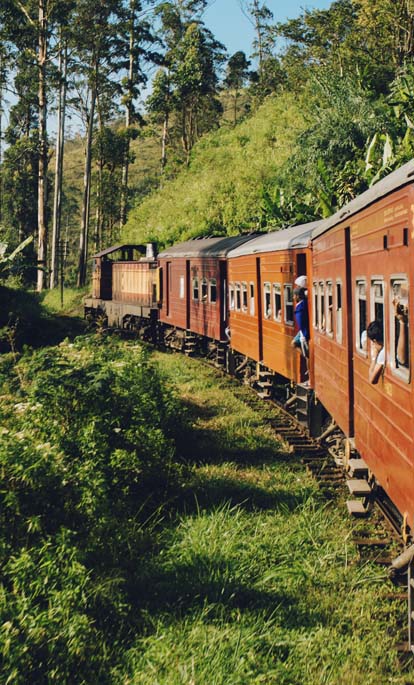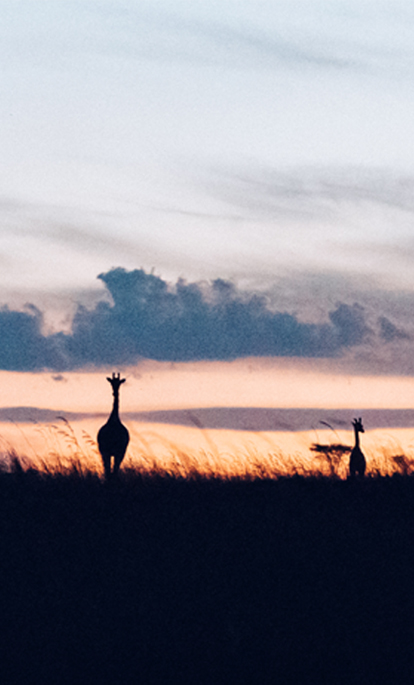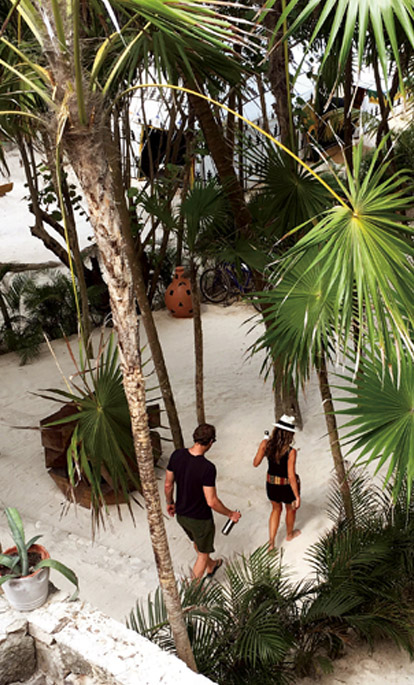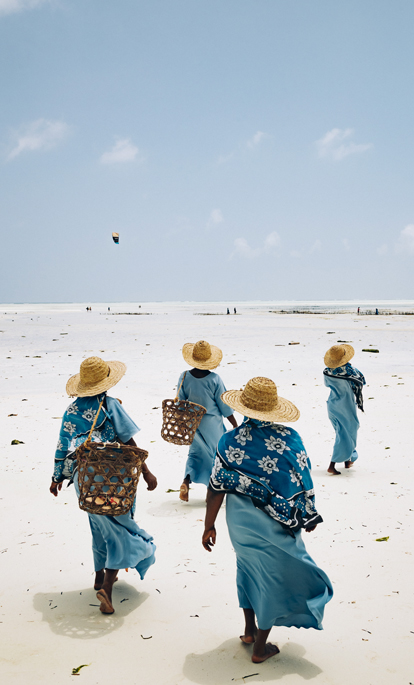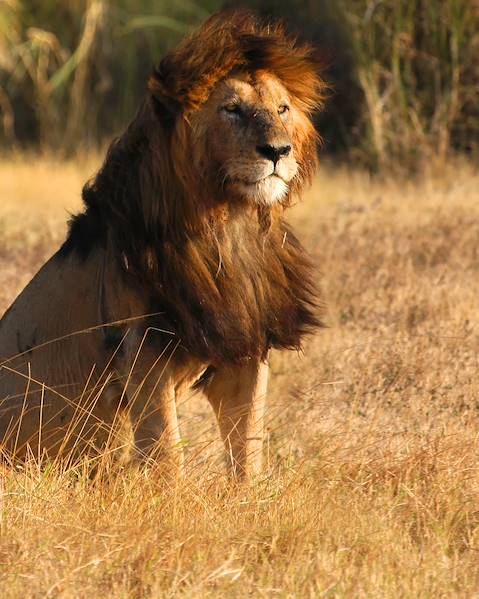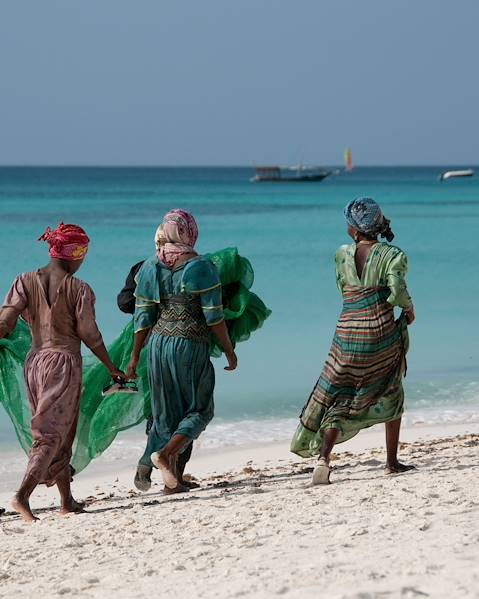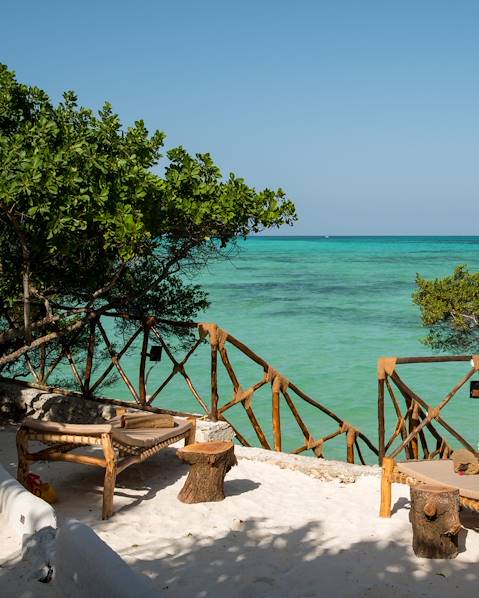Population
61,345,849 (2019)
Official language
Swahili.
Languages spoken
Tanzania is a multilingual society and many different languages are spoken within different ethnic communities. English is widely spoken, second only to Swahili.
People
Over 120 ethnic communities are present in Tanzania and around 95% of them are of Bantu origin. The largest group are the Sukuma, which make up around 15.5% of the population. Other major groups include: Gogo (4.1%), Haya (3.7%), the Tumbuka (3.1%), the Nyamwezi (2.8 %). Around 1% of the population are Indian, European and Arab.
Religion
Around 61% of Tanzanians are Christian, 35% are Muslim and a small percentage, around 1%, follow indigenous belief systems.
National Holiday
9 December: Independence Day.
Holiday Schedule
- January 1: New Year's Day.
- March-April: Easter.
- April 26: Union Day.
- May 1: Labour Day.
- July 7: Saba Saba.
- December 25: Christmas Day.
Muslim religious holidays are celebrated. Depending on the lunar calendar, dates vary and include: Eid al-Fitr, which marks the end of Ramadan fasting; Eid al-Adha commemorates Abraham’s sacrifice; Maulaud celebrates the birthday of the Prophet; Awal Muharram is the day of the Muslim New Year.
History
The history of Tanzanian land extends back to the beginning of human civilisation and archaeologists believe one of the oldest man-made settlements on Earth lies in Tanzania. In April 1964, the union of two nations, Tanganyika and Zanzibar, gave birth to modern-day Tanzania. At the origin of the links between the two nations lies Swahili culture, resulting from economic, political and religious unions between the Bantu people from the east coast of Africa and Arab merchants. The Zanzibar archipelago was an excellent relay for Middle Eastern, Indian and even Chinese traders with the rest of Africa and Europe. The Portuguese arrived and conquered the coast of Tanzania in the 16thcentury. Omani Arabs pushed out the Portuguese and took things under their control in 1840, establishing their capital in Unguja (Zanzibar Island). Before long, English and German forces advanced their colonial ambitions in Africa. Britain replaced Germany as controllers of Zanzibar, and the Treaty of Heligoland-Zanzibar in 1890 imposed a territorial division – Zanzibar fell to Britain while mainland Tanzania went to Germany.
The colony of Germany East Africa was created with a rigid rule, harshly repressing native uprisings when they surged, including a revolt in the 1890s of the Hehe people and another between 1905 and 1907 of the Maji Maji population, where hundreds of thousands of Maji Maji people were killed. The German colony pushed its exploration further into the interior of Tanzania, where it was clear the African native populations were more developed than anticipated, including the Maasai, Nyamwezi and Hehe people. The colony renounced the decision to impose the German language on Tanzania’s inhabitants, in favour of Swahili.
The First World War in 1914 saw troops in Tanzania fight against British forces, led by German Colonel von Lettow-Vorbeck. Germany surrendered and the Treaty of Versailles was signed in 1919, dividing Germany East Africa’s colonies – Rwanda and Burundi were ceded to Belgium and Tanganyika (the mainland of present-day Tanzania) to England. After years of conflict, the country was in a sad state and the English attempted to stabilise the situation for indigenous people using their traditional institutions and boosting agriculture. But the next few decades under British rule were hard for the protectorate and Zanzibar still relied on the sultanate. When World War II arrived, Tanganyika contributed to the Allied war effort against Hitler's Germany. The path to independence began with the Tanganyika African National Union (TANU) and Julius Nyerere, who was elected president in 1953.
In 1954 it was renamed to the Tanzania African National Union and it campaigned against British rule with the slogan ‘freedom and unity’. Independence for Tanzania was secured in December 1961 and Zanzibar followed in December 1963. The reign of Nyerere began and Tanzania slowly got back on track and schools and communities bloomed. Socialism was adopted by Nyerere in 1967, which led to the country’s economic decline and isolation. The border with Kenya was closed from 1977 to 1983, and in 1978, a Ugandan attack was repulsed with difficulty. Tanzania became a one-party state and the economy was left in ruins by the time of Nyerere’s retirement in 1985. His successors accelerated the reintegration of the country in the concert of nations with a new multi-party constitution and in 1992 Tanzania became a multi-party democracy. Today, the development and economic growth of Tanzania continues to grow steadily.
Policy
Tanzania is a Federal Republic. The president of the republic, the head of state, is elected by direct universal suffrage for a term of five years. He appoints the prime minister and the government. Parliament is comprised of 274 seats; MEPs are elected for five years. Federal laws apply to the whole country or in its sole mainland – Zanzibar has its own parliament and can adopt some own laws. The judiciary combines traditional authorities, Islamic and common law.
Famous Tanzanians
- David Livingstone (1813-1873). A missionary and explorer, Livingstone arrived in Ujiji near Kigoma, Tanzania in 1871, after six years missing. A reporter famously uttered the words “Doctor Livingstone, I presume?” when he found Livingstone. He’d previously left Zanzibar in 1866 to complete the exploration of Lake Tanganyika and find the source of the Nile, but had disappeared, with many speculating he was dead or captured.
- Julius Kambarage Nyerere (1922-1999). A politician and activist. The father of the independent Tanzanian nation, Nyerere was president for over twenty years. Many say Nyerere had the wisdom, rare among the leaders of his generation, to withdraw when needed.
- Paul Emil von Lettow-Vorbeck (1870-1964). A German colonial officer, between 1914 and 1918, Lettow-Vorbeck fought the war against the British in East Africa with a very small African group of troops. An excellent strategist – Germany was eventually beaten, but Lettow-Vorbeck emerged effectively undefeated.
Etiquette
Tanzanian’s are extremely friendly, welcoming and laid-back, with very few specific rules to follow. That said, there are many smaller indigenous groups with their own customs, so take the lead from your guide, and the people around you, with regards to best practices for each group. The population calls itself wananchi (‘people’ in Swahili) and this term has a respectful tone. Zanzibaris are predominantly Muslim and most people have a modest appearance and many women wear a veil. Outside of tourist areas, it’s advisable to adopt a more conservative approach to clothes with covered shoulders and legs. When dining, use your right hand to eat and pass food. Greetings are important to Tanzanian’s ¬– it’s customary to swap pleasantries before launching into your reason of business.
Shopping
There are many beautiful, must-see crafts in Tanzania – ebony carvings are a stunning reminder of an African trip and the best are those by the Makonde, a southern population. Coffee is also a great way to continue to enjoy the flavours of your stay, while precious and semi-precious stones, especially the bright blue-purple tanzanite, are favourites among travellers. African paintings, beaded jewellery in rainbow shades, delicate ceramics and musical instruments all make excellent keepsakes, while in Zanzibar a myriad of spices will keep your holiday alive in your kitchen at least for a few weeks after your return.
Food
Tanzanian food is simple and each tribe has its own specialities. Ugali is hugely popular and is a cooked starchy paste made from flour and water. It’s usually accompanied by a meat stew with tomatoes, onions and other chopped vegetables. Rice and plantain are also mainstays on the national menu. Fruits are fresh and tastier than ever, including oranges, pineapple, mango, papaya, soursop, bananas and more. On the shores of the Indian Ocean and Zanzibar you can enjoy Swahili cuisine, a delicious range of dishes overflowing with seafood, coconut milk and an abundance of spices.
Drink
Tap water is unsafe to drink, so rely on bottled during your stay and avoid ice. Soft drinks, tea and coffee are all available everywhere. Beer is good and enjoyed by many. Brands include Safari, a strong choice, as well as lighter options, Kilimanjaro and Castle Lager. In most restaurants and lodges you’ll find South African wines. Tanzanian wines are also sometimes on the menu – while lesser-known, if you can track them down, they’re a treat for the taste buds.
